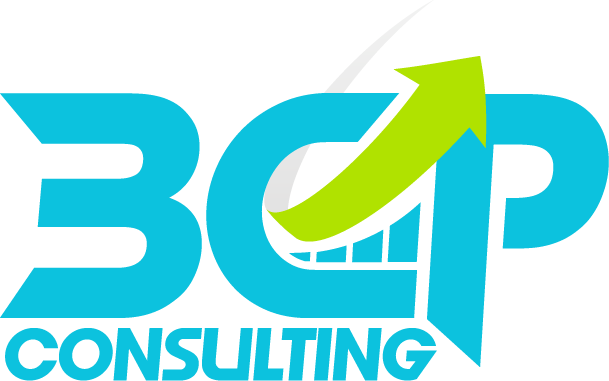Further Funding Procurement- IPO’s Fortune 500’s
[rev_slider home_slider]
Want More Funding? Expanding Beyond Simple Credit Terms for Businesses
The nest course of expansion and the start of the Phase Two of your business coaching is to decide whether your business should remain private or whether it should go public.
The best questions to ask yourself are:
A) Do you need more funding for expansion
B) Are you willing to disclose your earnings to the public
C) Are you willing to give up a certain percentage or control of your business to achieve this
If you are willing to meet the A, B, C requirements above, then lets discuss going public.
How to Go Public
If you want to take a company public you have come to the right place. You will learn about raising capital and will gain awareness about your start-up company or existing firm and how to go public legally and ethically.
Going Public Quickly
Our organization helps companies go public from anywhere to the Pink Sheets, OTCBB (Over the Counter Bulletin Board), NASDAQ (National Association of Securities Dealers Automated Quotations), AMEX (American Stock Exchange), the NYSE (New York Stock Exchange). So, an established firm or a start-up can learn to answer the question “why go public?” and can learn how to raise capital. Many companies in Asia, and especially China as well as European companies such as those in Germany want to go public in the USA. Thus, we also assist foreign companies in addition to US firms go from private to public. Likewise, we assist foreign public companies in acquiring an ADR (American Depositary Receipt) or a dual listing so they can be traded on both a foreign and a US exchange.
About Public Shells & Reverse Mergers
Legislation covering how to take a company public is regularly changing. So, one can seek assistance by getting in touch with us and calling the number above. The meaning of a reverse merger (joining a privately held active business to dormant public one) or public shell company (a inactive company taken public, usually with the intent of being acquired by an active business) is defined in detail on our site. Incidentally, conducting a reverse merger with an existing public shell corporation, in itself, does not raise capital. It is simply one step in the process of doing so. Since this this topic part of an ever changing environment, when you browse this site we will also attempt to cover the most current news relating to the above discussed here.
What Impact Does Going Public Have in Relationship to Money You Can Obtain?
The typical lending criteria for Public Companies is 75%- 95% of the monthly ‘float’. Read on to understand what this means.
